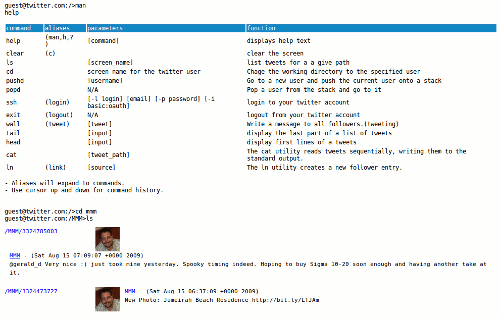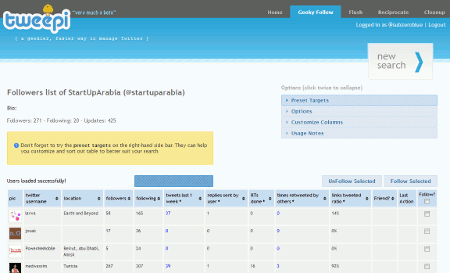The annual results of Arab Advisors Group’s Total Country Connectivity Measure (TCCM) reveal substantial –mostly cellular service driven- improvements in overall scores. The Arab broadband Internet markets also registered very positive growth.
The United Arab Emirates is the most connected country in the Arab World according to the Arab Advisors Group’s annual report; Bahrain and Saudi Arabia followed in second and third ranks respectively.
The Arab Advisors Group calculates its Total Country Connectivity Measure (TCCM) by adding the household mainlines penetration, cellular penetration, and Internet users penetration rates in each country. The household mainlines penetration is measured by dividing the residential mainlines by the number of households in each country.
The TCCM shows the extent of connectivity of individuals in a certain country whether via fixed lines, cellular lines and/or Internet. Of course, there will be an overlap since many individuals will be using these three communications technologies at the same time. However, the measure still yields an accurate and informative picture on the level of ICT services penetration in each country.
As previously mentioned the Total Country Connectivity Measure results for 2009 revealed that UAE, Bahrain and Saudi Arabia still dominate the top three spots as the highest adopters of telecommunication services, with values of 321%, 249% and 248% respectively.
The results for the rest of the Arab World came as follows: Qatar (205%), Libya (199%), Kuwait (184%), Oman (170%), Algeria (141%), Jordan (141%), Syria (129%), Egypt (128%), Tunisia (128%), Morocco (127%), Lebanon (125%), Iraq (100%), Palestine (95%), Mauritania (74%), Yemen (55%) and in last place Sudan with a TCCM value of 34%.
“Only four out of the nineteen countries covered in this year’s study have a total country connectivity measure that exceeds a 200%. This indicates a substantial potential for more growth in most Arab markets, especially in the under penetrated Internet markets.” Mr. Andrawes Snobar, Arab Advisors’ Research Manager wrote in the report.











